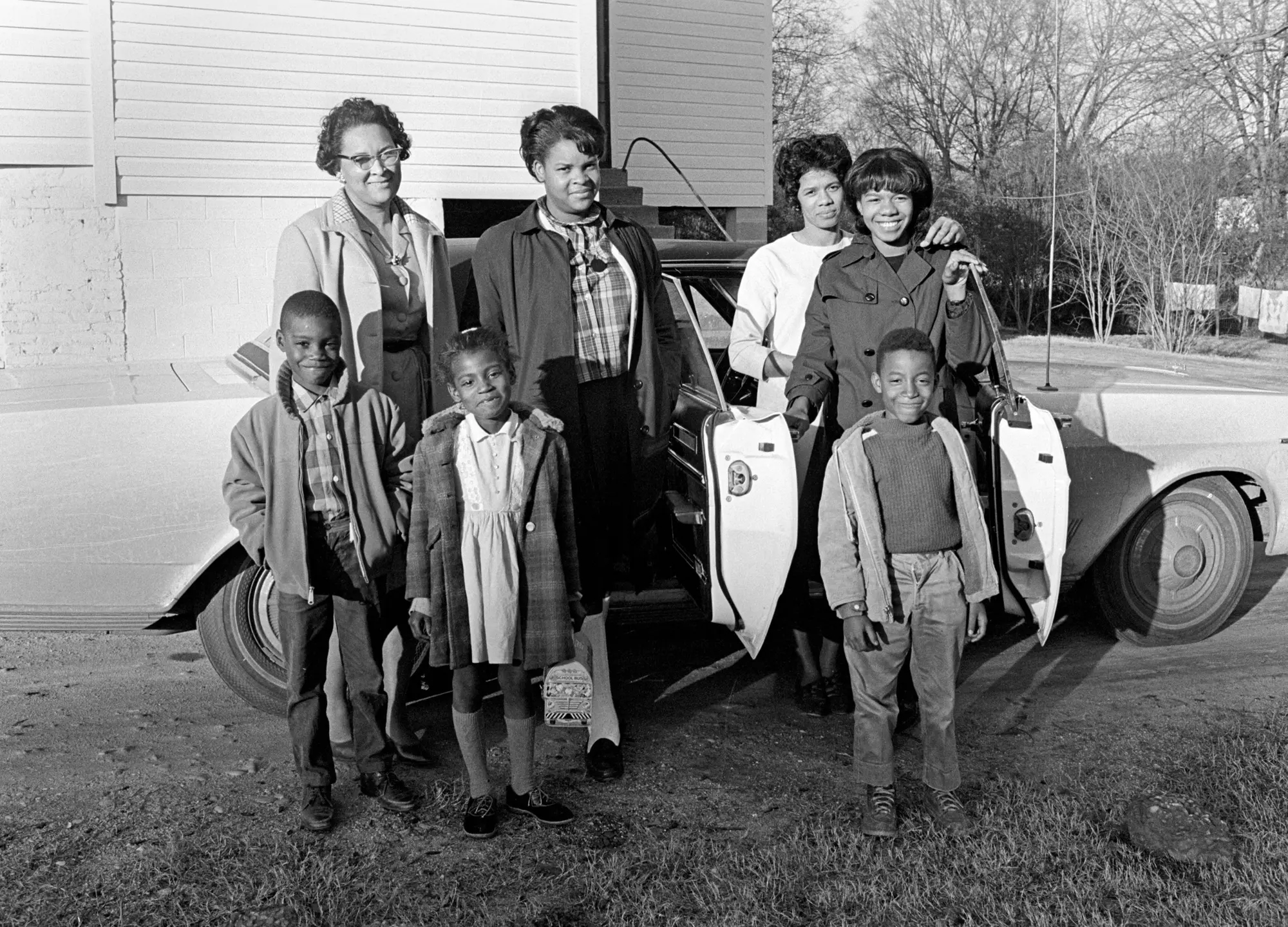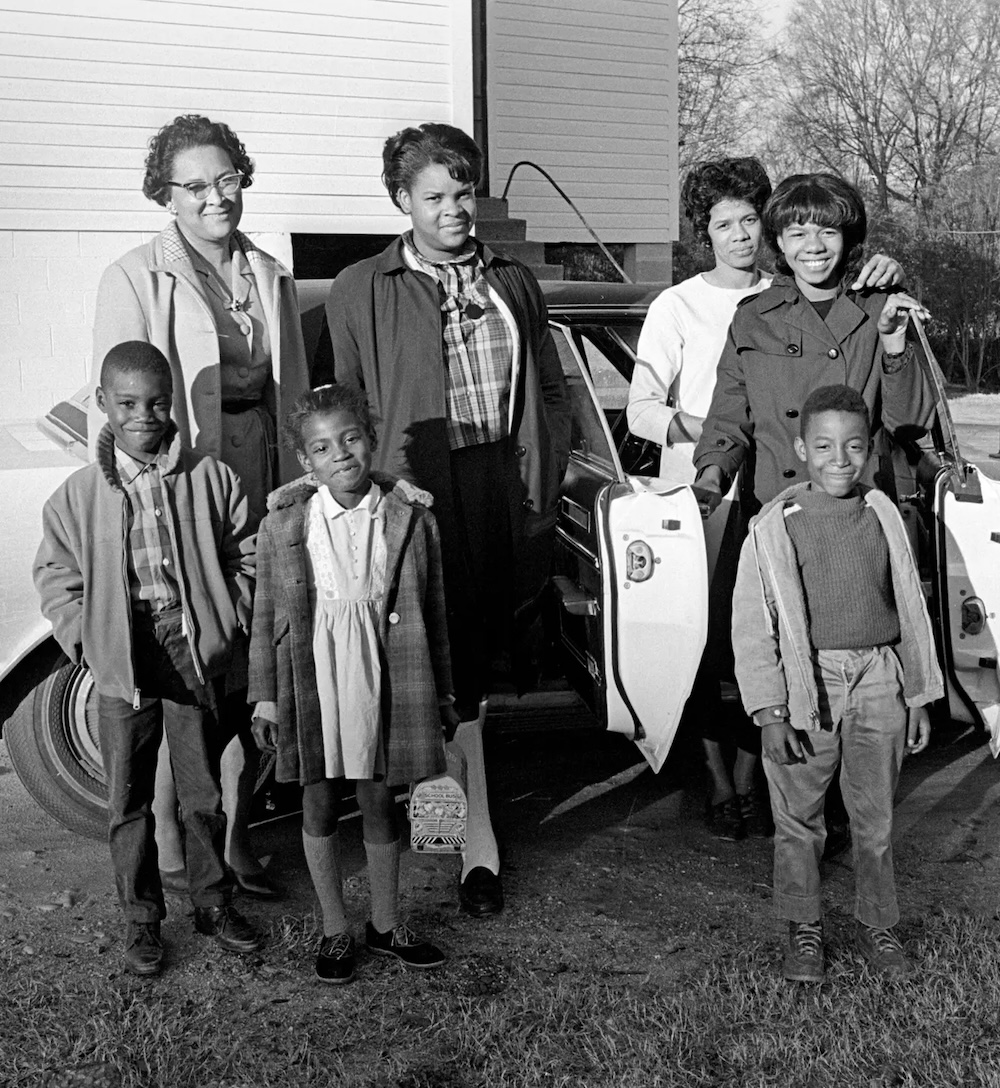No products in the cart.
KOLUMN Magazine
SEGREGATION ACADEMIES STILL OPERATE ACROSS THE SOUTH. ONE TOWN GRAPPLES WITH ITS DIVIDED SCHOOLS.


A mile of Alabama country road, and a history of racism, separate the two schools. At the stop sign between them, even the road’s name changes. Threadgill Road, christened for a civil rights hero, becomes Whiskey Run. Black students take Threadgill to one campus; white students turn off Whiskey Run toward the other.
Both schools are shrinking. Wilcox County, a notch in the swath of old plantation country known as the Black Belt, struggles with declining population — a common scenario across this part of the South. In such places, the existence of two separate school systems can isolate entire communities by race.
The private school, Wilcox Academy, is what researchers call a “segregation academy” due to the historic whiteness of its student body and the timing of its opening. It’s down to 200 students across 12 grades. Housed in a single-story building with beige siding and brown brick veneer, the school offers chapel and core academic classes but not music, theater or band programs.
Down the road, the county’s public high school has more students and course options. Wilcox Central High’s building, with a medical-training lab and competition-sized swimming pool, could house 1,000 students. Instead, it barely draws 400, virtually all of them Black, from across the entire 888-square-mile county.
Divisions like this have long played out across the region. In 1954, the U.S. Supreme Court issued its landmark decision in Brown v. Board of Education, declaring public school segregation unconstitutional. As the federal courts repeatedly ruled against the South’s massive resistance, many white people pivoted to a new tactic, one that is lesser known and yet profoundly influences the Black Belt region today: They created a web of hundreds, perhaps thousands, of private schools to educate white children.
Now, 70 years after the Brown decision, ProPublica has found about 300 schools that likely opened as segregation academies in the South are still operating. Some have flourished into pricey college-prep behemoths. Others, like Wilcox Academy, remain modest Christian schools. Many have accepted more nonwhite students over the years, and some now come close to reflecting the communities they serve.
